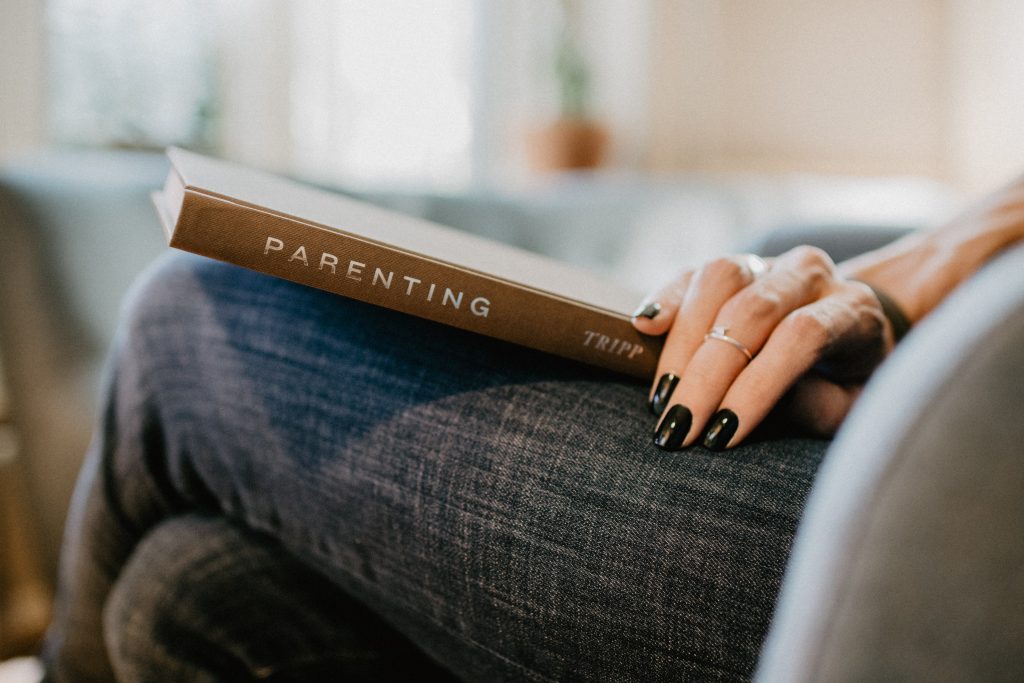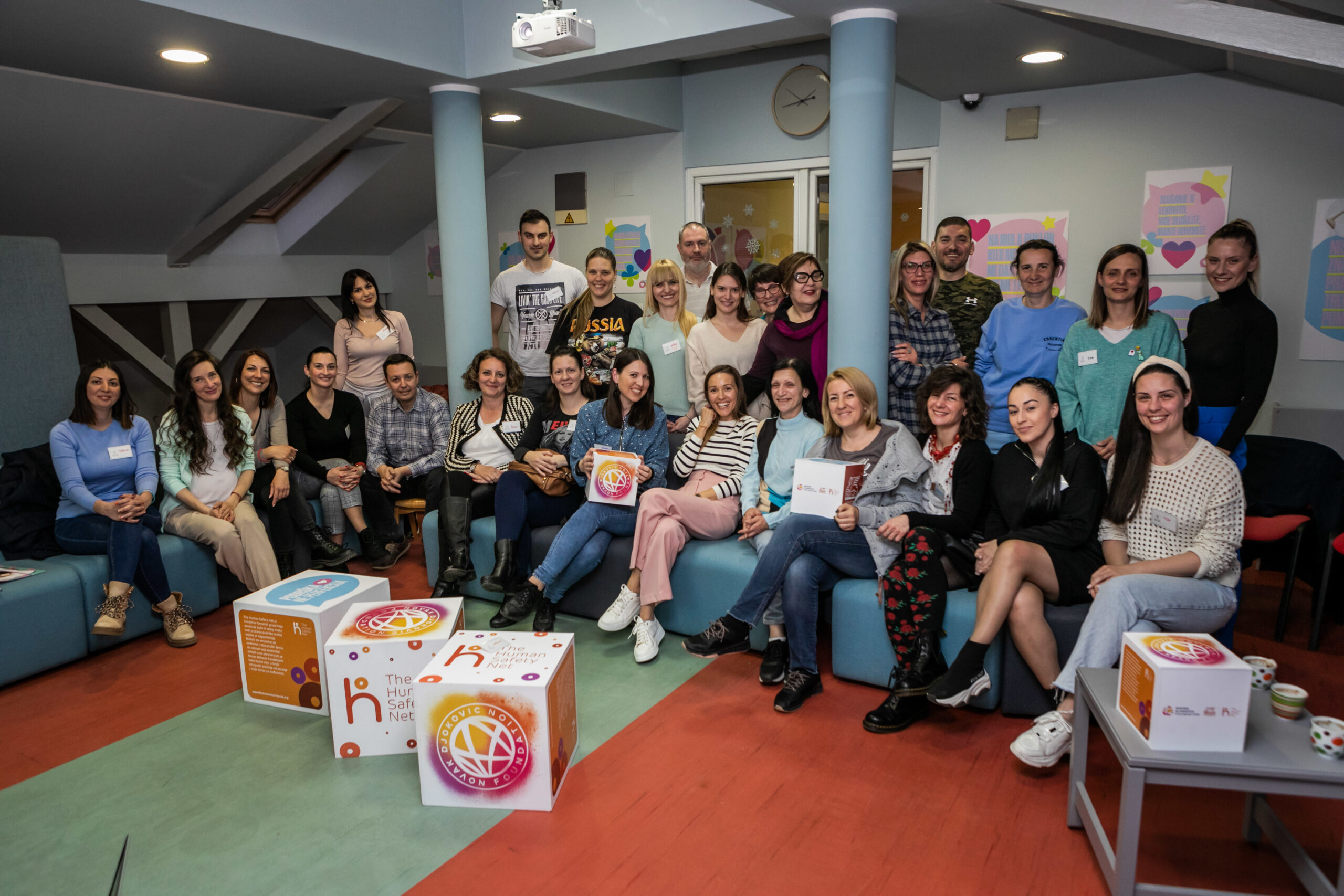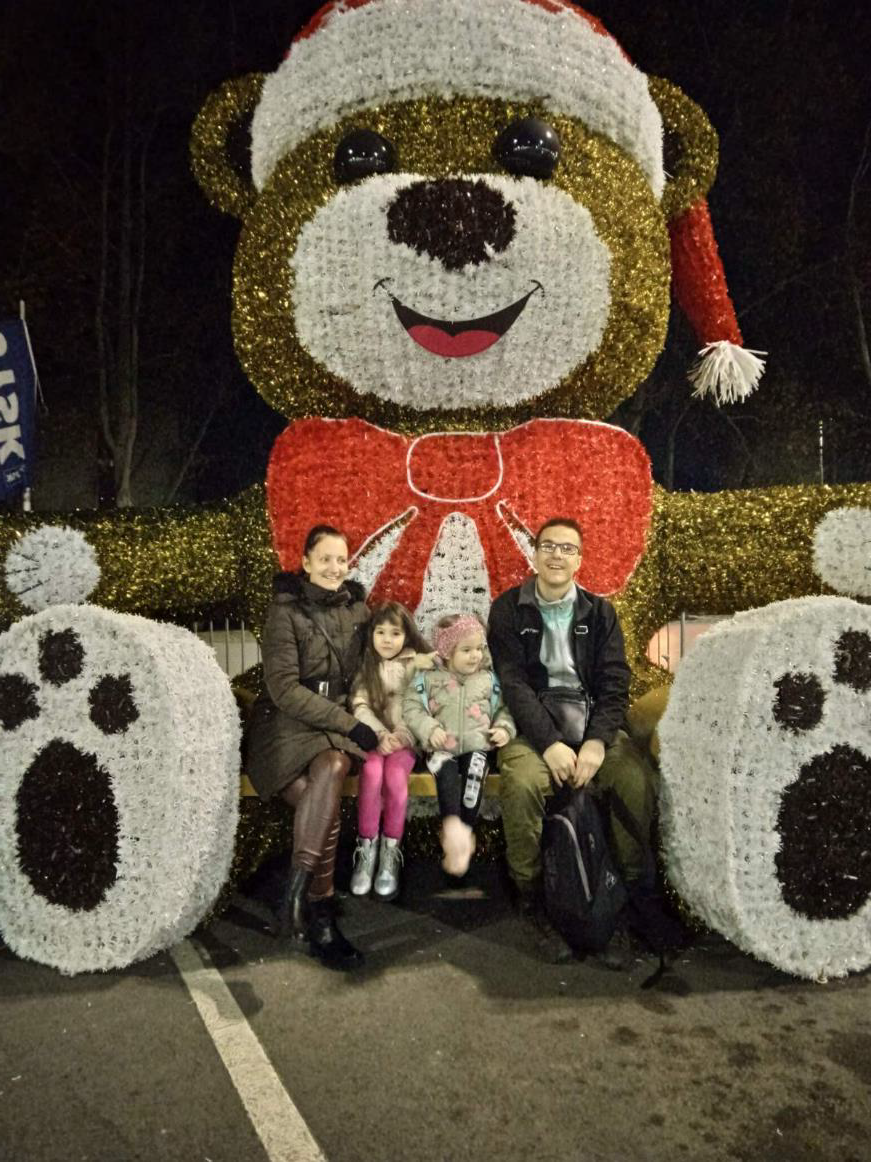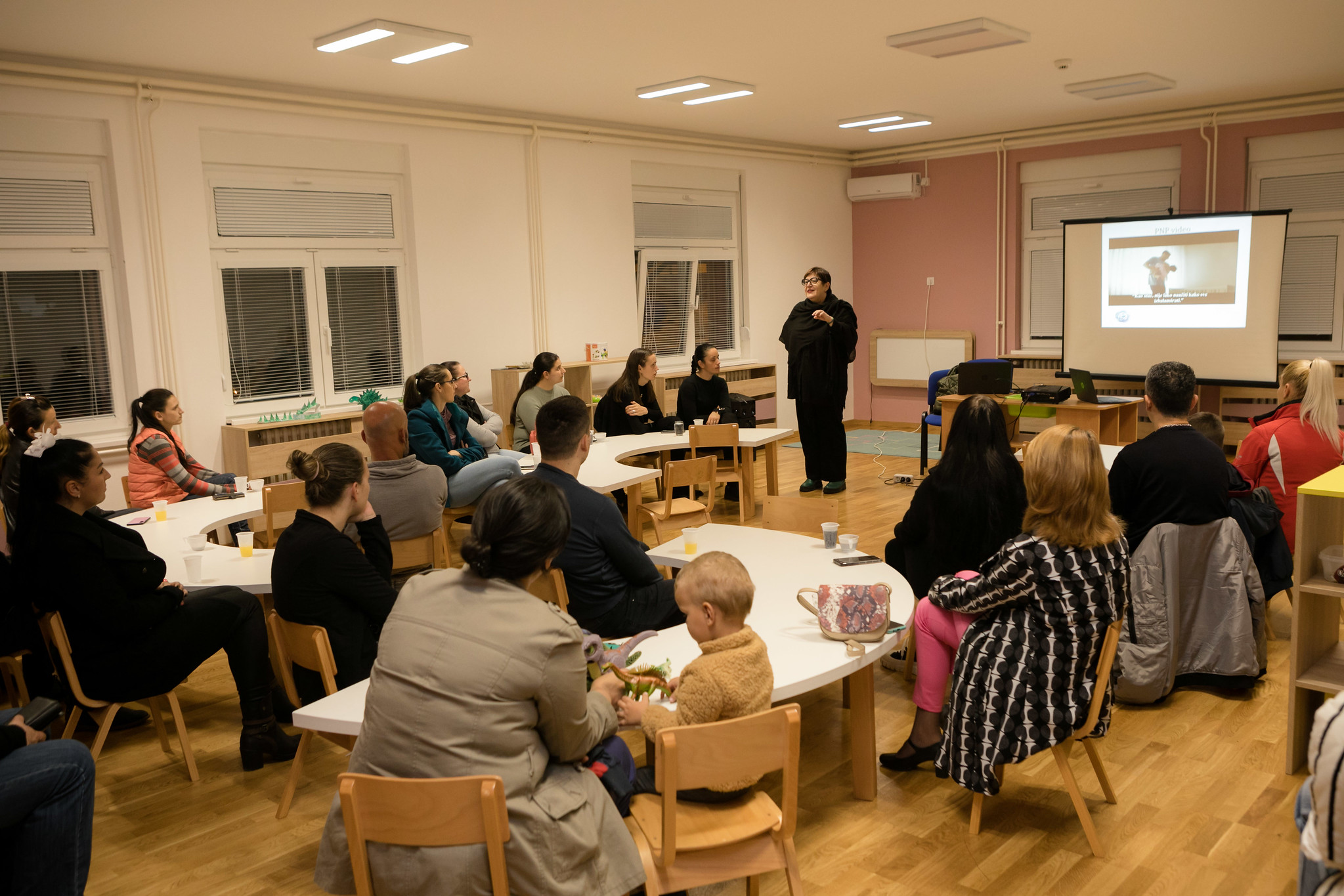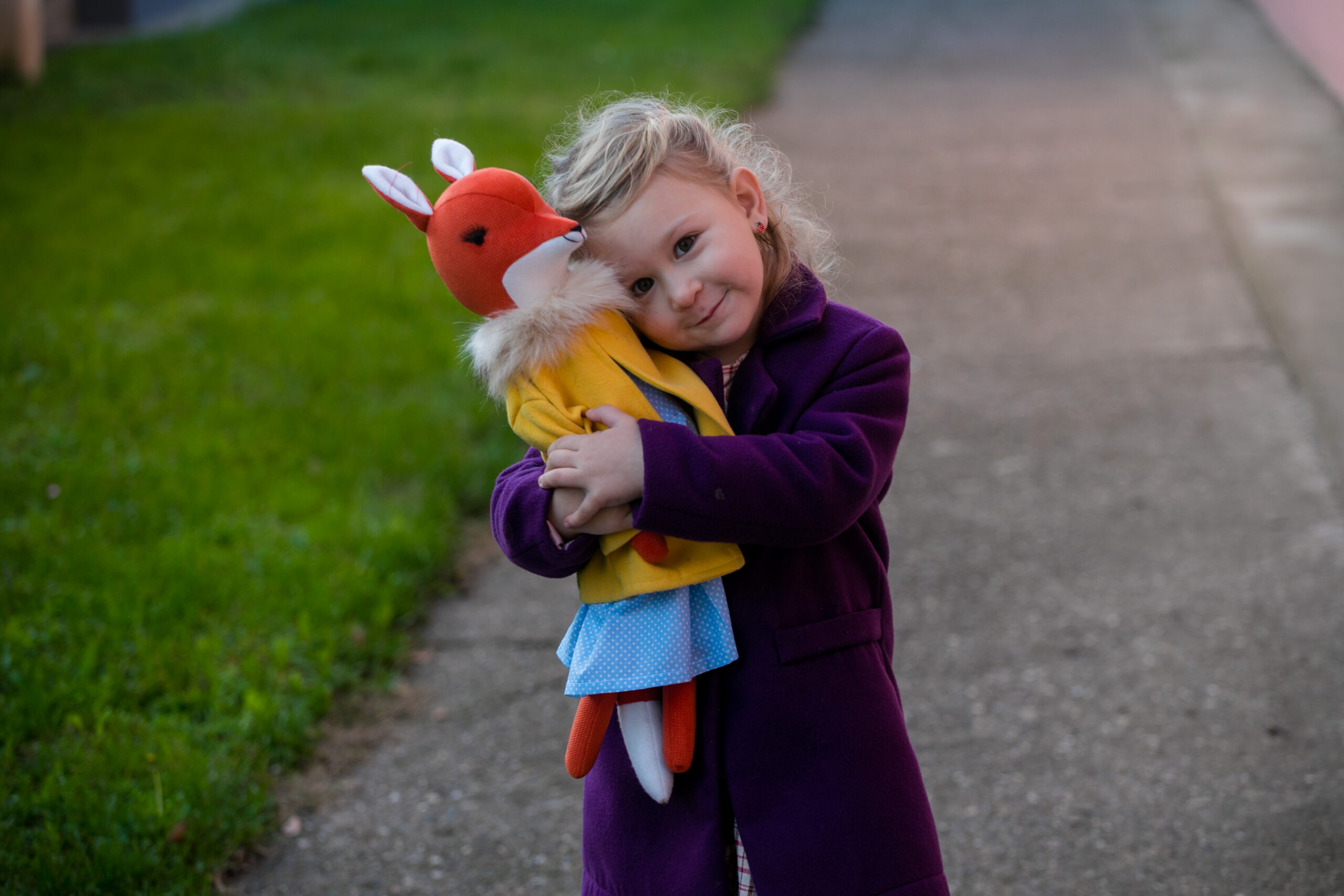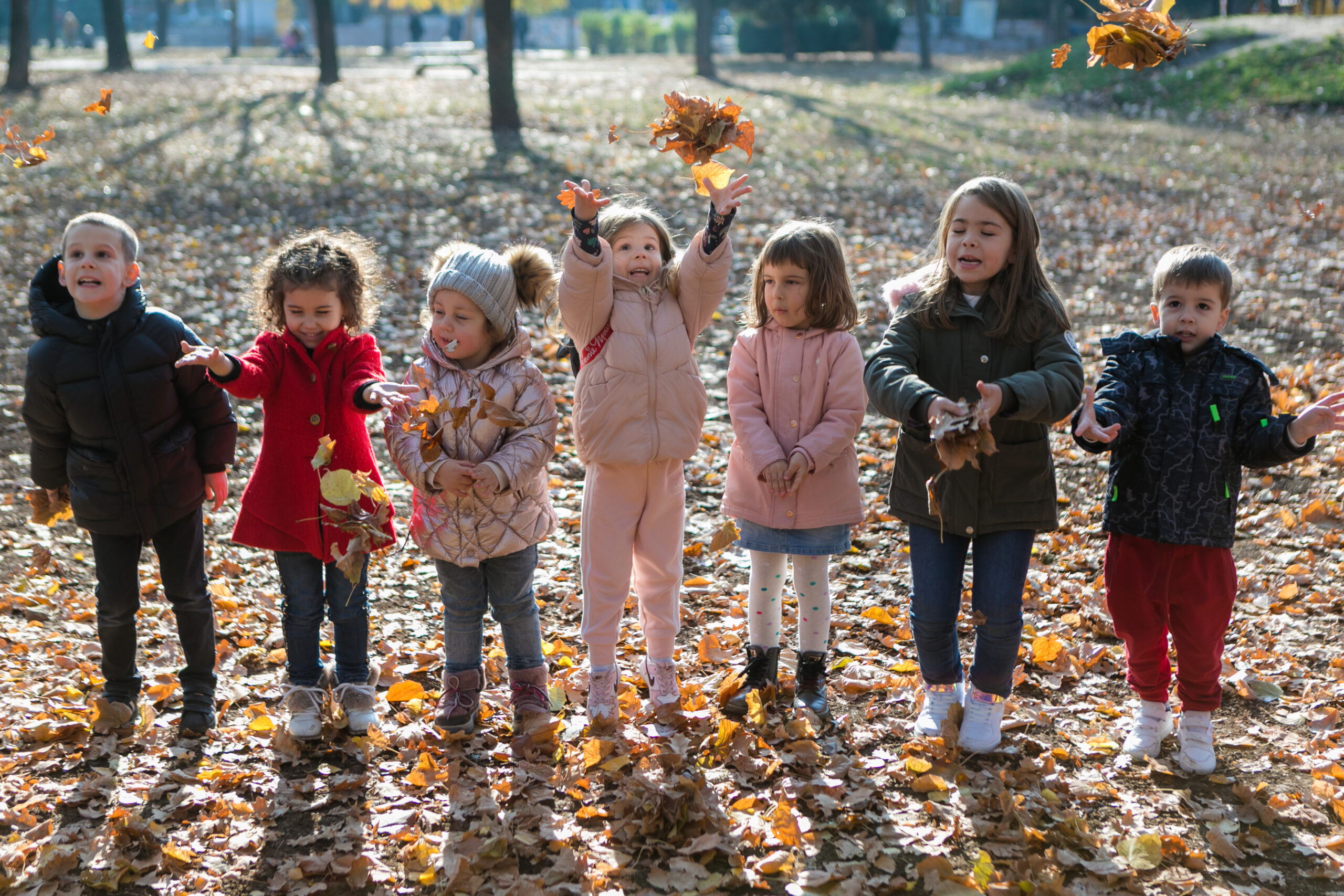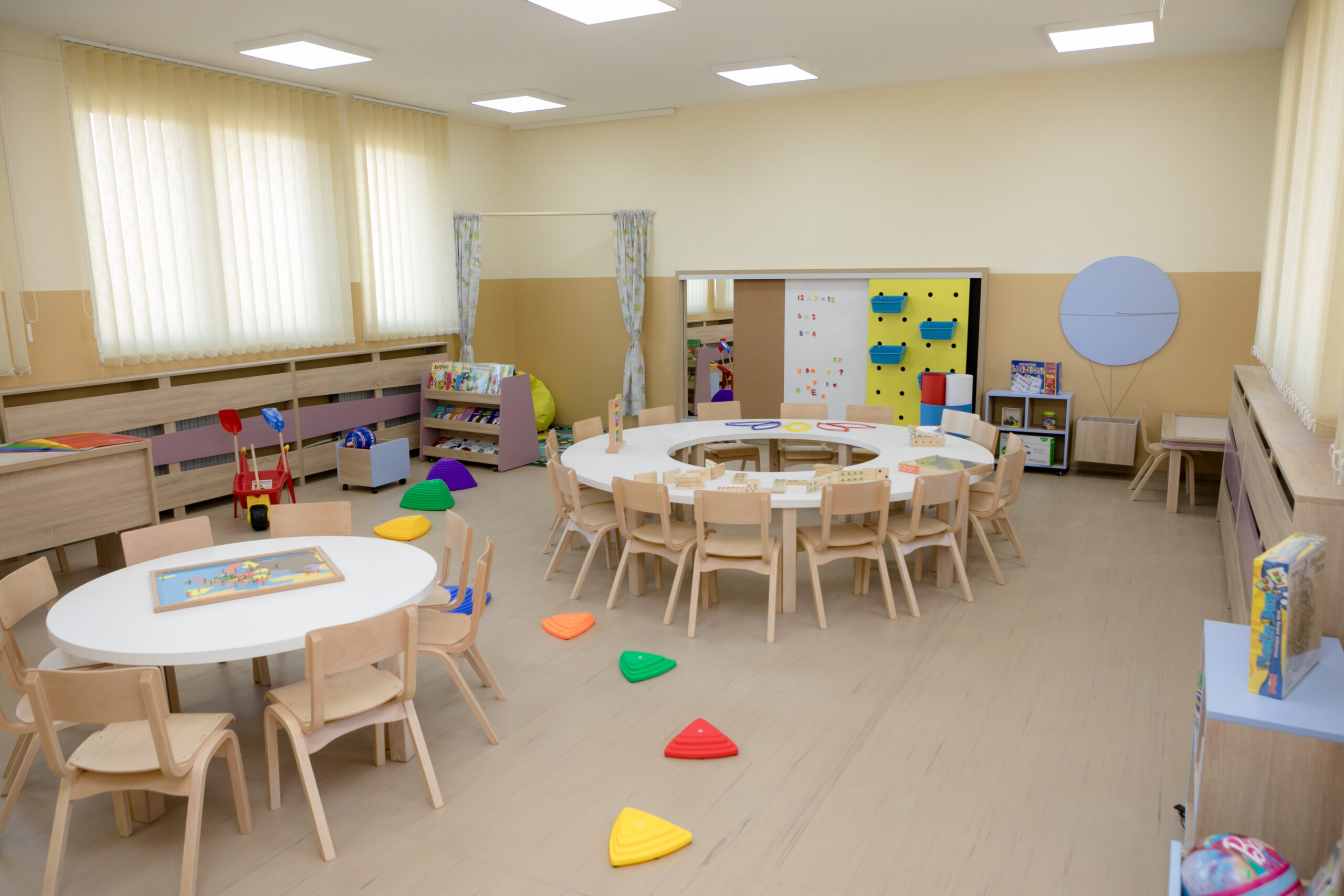The development of your and your child’s emotional intelligence is a lifelong process. That’s why we recommend these 8 emotional intelligence books that can help you along the way!
[dropcap]E[/dropcap]ach week, our global director and co-founder, Jelena Djokovic, and psychologist and psychotherapist, Smiljana Grujic, continue to address a number of parenting dilemmas on our parenting webinars. Last Thursday, we held the 10th webinar in a row on the topic “How to encourage your child’s emotional intelligence?“.
To our great satisfaction, the participants during the webinar like to pose questions, to share their experiences, tips, problems… and even books that helped them! Unfortunately, for now, our parenting webinars are only available in Serbian, but soon we will provide their English versions as well. Until then, we’re sharing with you these 8 emotional intelligence books that were interesting to our participants because we believe they will benefit you too.
1. Emotional Intelligence – Daniel Goleman
Drawing on groundbreaking brain and behavioral research, Goleman shows the factors at work when people of high IQ flounder and those of modest IQ do surprisingly well. These factors, which include self-awareness, self-discipline, and empathy, add up to a different way of being smart—and they aren’t fixed at birth. Although shaped by childhood experiences, emotional intelligence can be nurtured and strengthened throughout our adulthood—with immediate benefits to our health, our relationships, and our work. This bestseller was recommended by our webinar participant, Jelena Aleksic.
2. The Child In You – Stefanie Stahl
One of the conclusions of our 10th parenting webinar was that parents must work on their emotions beforehand, in order to be able to encourage the same in their child. That is why the participant Dijana Bozic recommended this title to us.
In this breakthrough million-copy international bestseller psychologist Stefanie Stahl guides you, step by step, through her therapeutic method that has helped millions to peel away these layers and reconnect with their inner child–both the shadow child, representing our deepest insecurities and the part of our self-esteem that is injured and unstable and the sun child, representing our greatest joys and the part of our self-esteem that remains positive and intact.

The development of your and your child’s emotional intelligence is a lifelong process. That’s why we recommend these 8 emotional intelligence books that can help you along the way!
3. Aggression – Jesper Juul
The book focuses on the behavior of preschool and school children – because an extremely large number of children change schools and kindergartens or go to the therapist because they express frustration, anger, or “behave violently”. The author explains the basic and social roots of aggressive emotions, explains how to understand them and how to deal with them in the family and in institutions. This excellent proposal was shared with us by the participant of the webinar, Ana Urban, who told us that this book helped her a lot in the upbringing of her child.
4. Books by Heidi Maier-Hauser
The participants also proposed books from the field of Montessori pedagogy. This author’s books are so easy to read and give so much practical insight. Describing everyday situations from Montessori kindergarten, which remind us of all the situations we have with small children at home, on the playground, in the store, the author shows us how Montessori pedagogy, by encouraging independence, helps a child develop into a healthy and satisfied person.
5. Emotional Intelligence 2.0 – Travis Bradberry and Jean Greaves
In today’s fast-paced world of competitive workplaces and turbulent economic conditions, each of us is searching for effective tools that can help us to manage, adapt, and strike out ahead of the pack. Emotional Intelligence 2.0 delivers a step-by-step program for increasing your EQ via four, core EQ skills that enable you to achieve your fullest potential self-awareness, self-management, social awareness, relationship management. This complete guide to EQ was recommended by our parenting webinar participant, Marija Zivkovic.

We’re sharing with you these 8 emotional intelligence books that were interesting to our parenting webinars participants because we believe they will benefit you too.
6. When The Body Says No – Gabor Mate
Mihaela Stevanovic suggested this international bestseller translated into fifteen languages. When the Body Says No promotes learning and healing, providing transformative insights into how a disease can be the body’s way of saying no to what the mind cannot or will not acknowledge.
7. The Book You Wish Your Parents Have Read – Phillippa Perry
Perry has a plan “for parents who not only love their children but want to like them too”. Except it isn’t really a plan, as such: more of an attitude, a way of being, a set of assumptions. Children are not problems to be fixed or projects at which to excel, but individuals to be understood and supported, in a mutually respectful relationship. Perry understands how necessary it is to examine our reactions to these small individuals and to determine whether what we are reacting to when we become angry or distressed, is their behavior, or something childlike in ourselves. This great title was suggested by our participant Nevena Marinkovic.
8. My Feelings and Me (The Safe Child, Happy Parent Series) – Dagmar Geisler
During the webinar, parents also asked for suggestions for children’s books that encourage the development of their emotional intelligence. And this great suggestion came out! This vibrantly and expressively illustrated book invites children and parents to talk about feelings. It takes them through a range of emotions without calling them “good” or “bad,” allowing children to examine their own emotional world.
Do you know any other emotional intelligence books that can help our readers and their little ones? Share with us your suggestions in the comments below!

